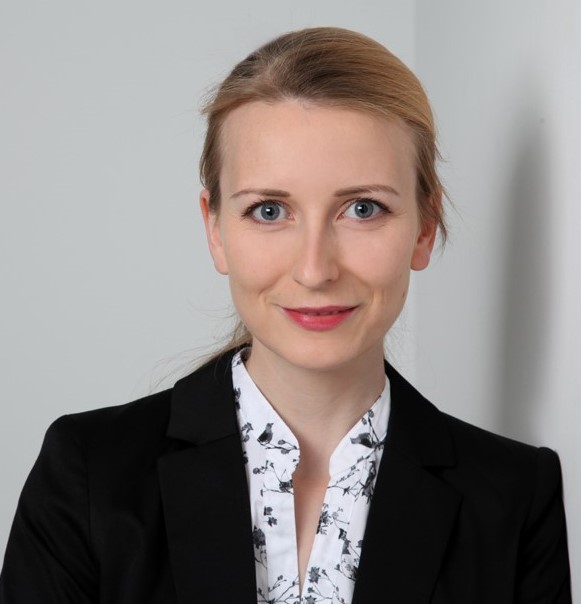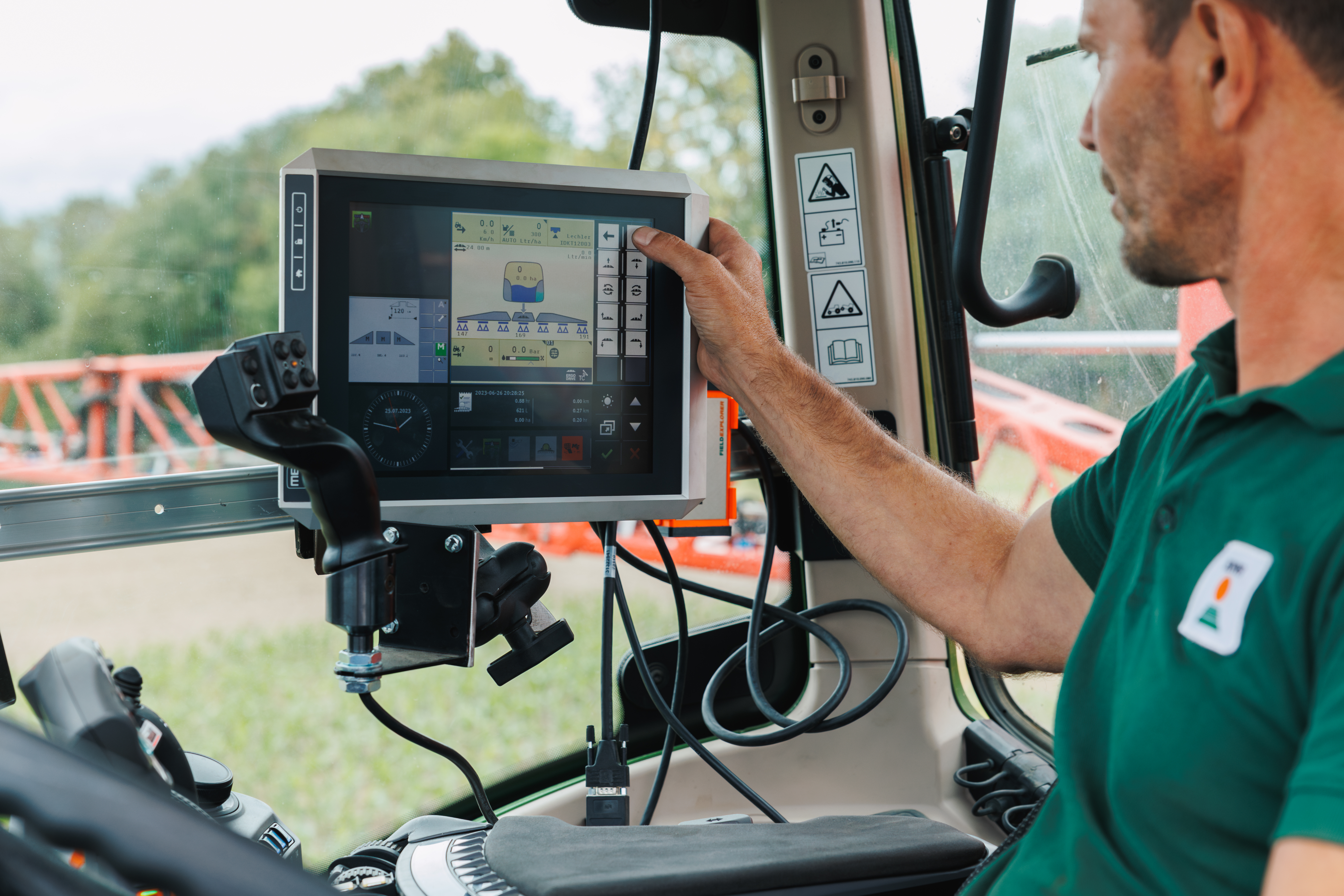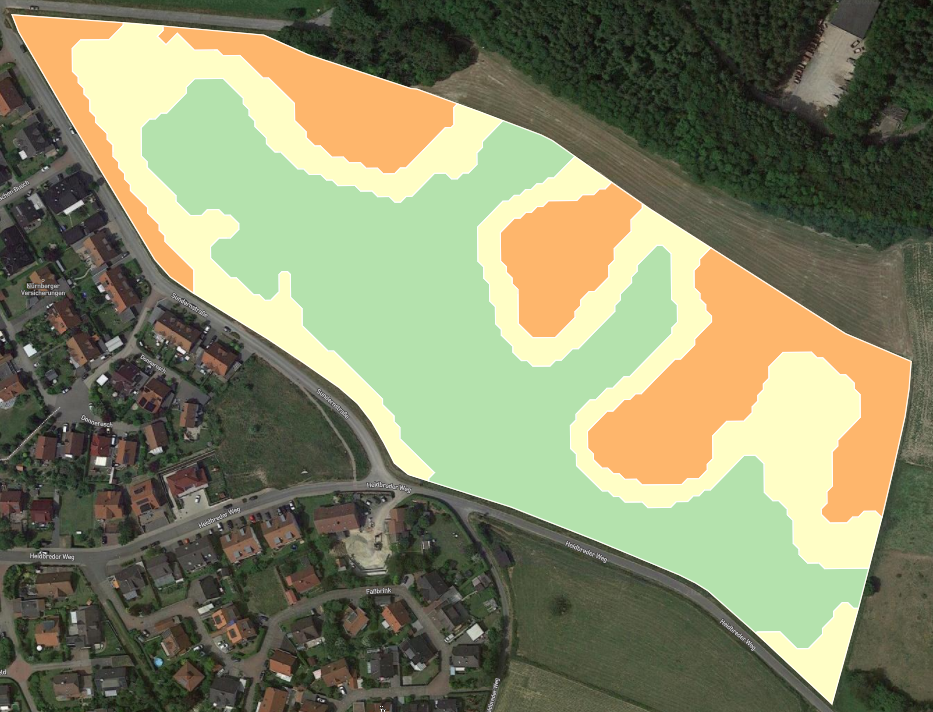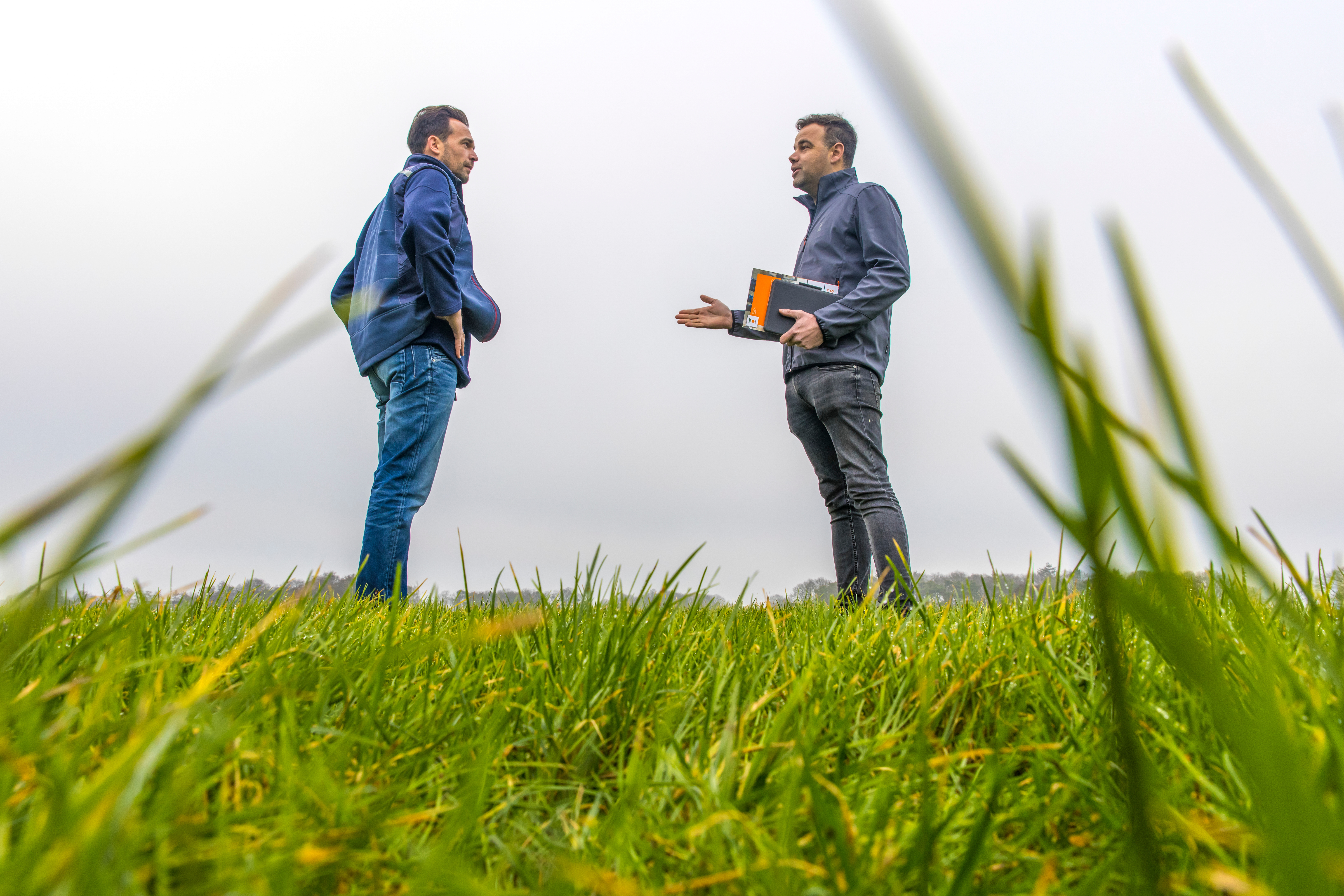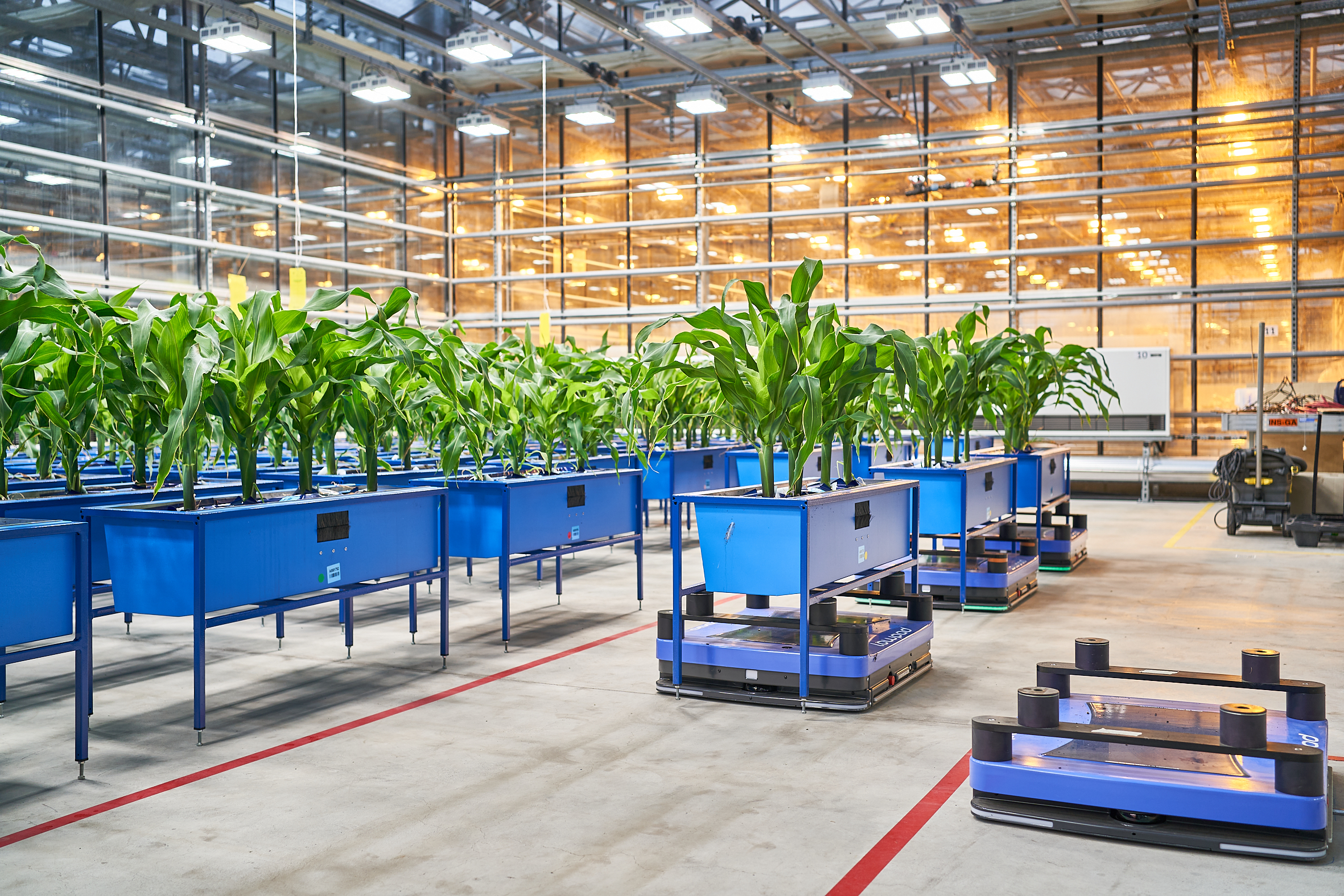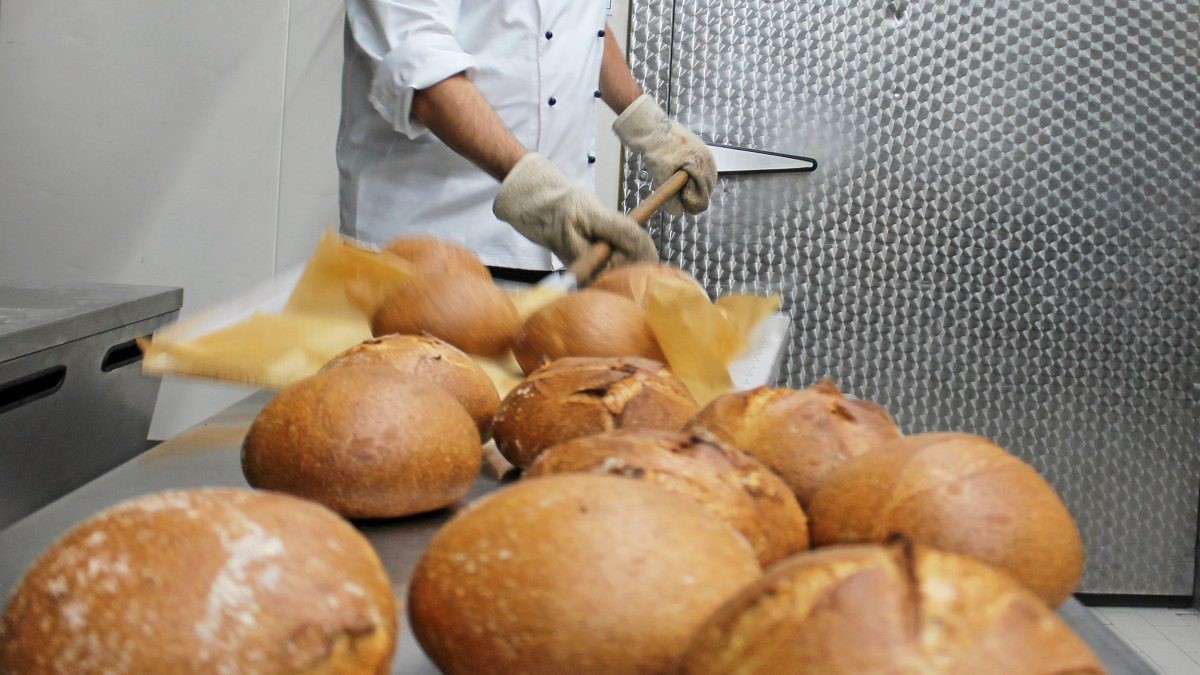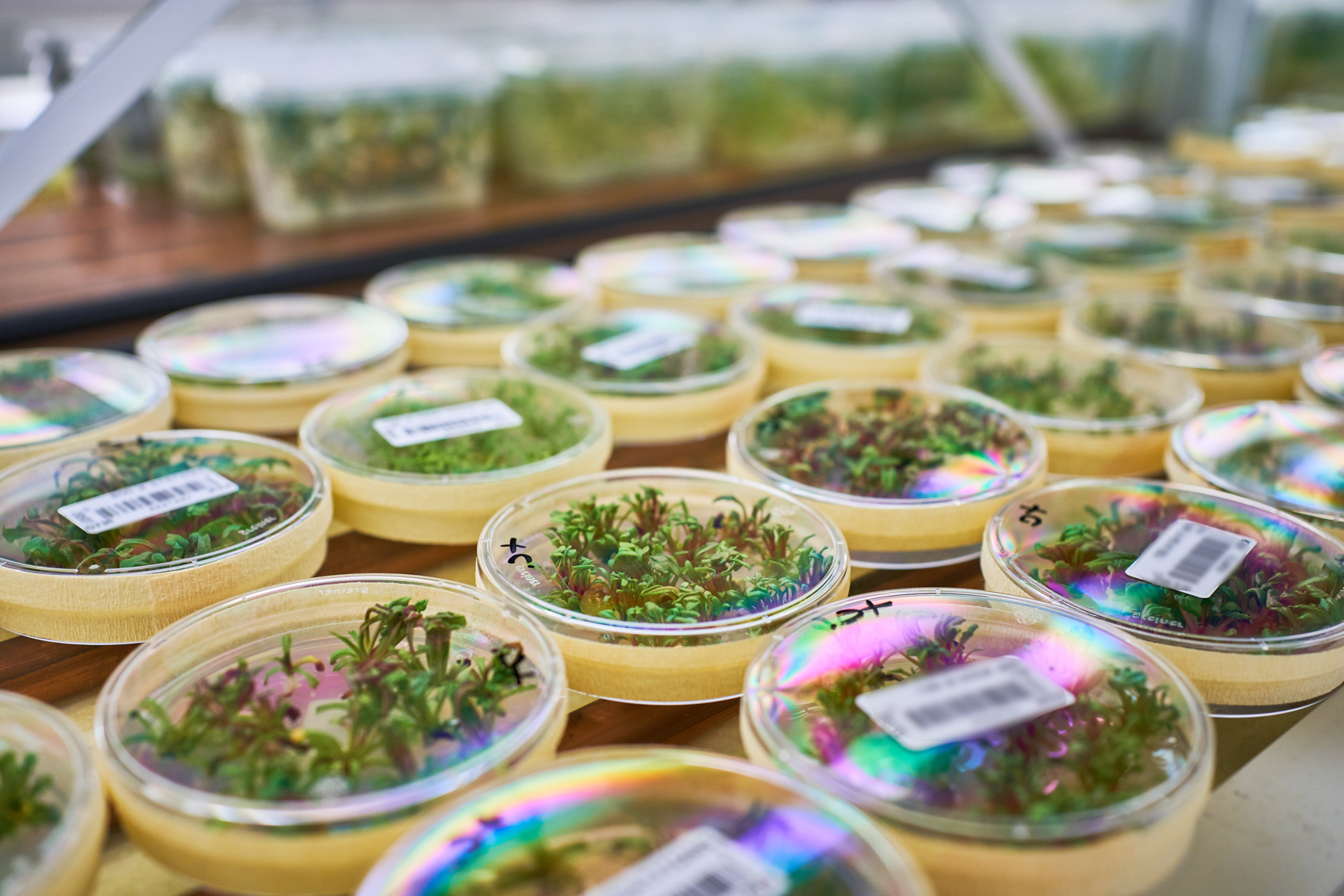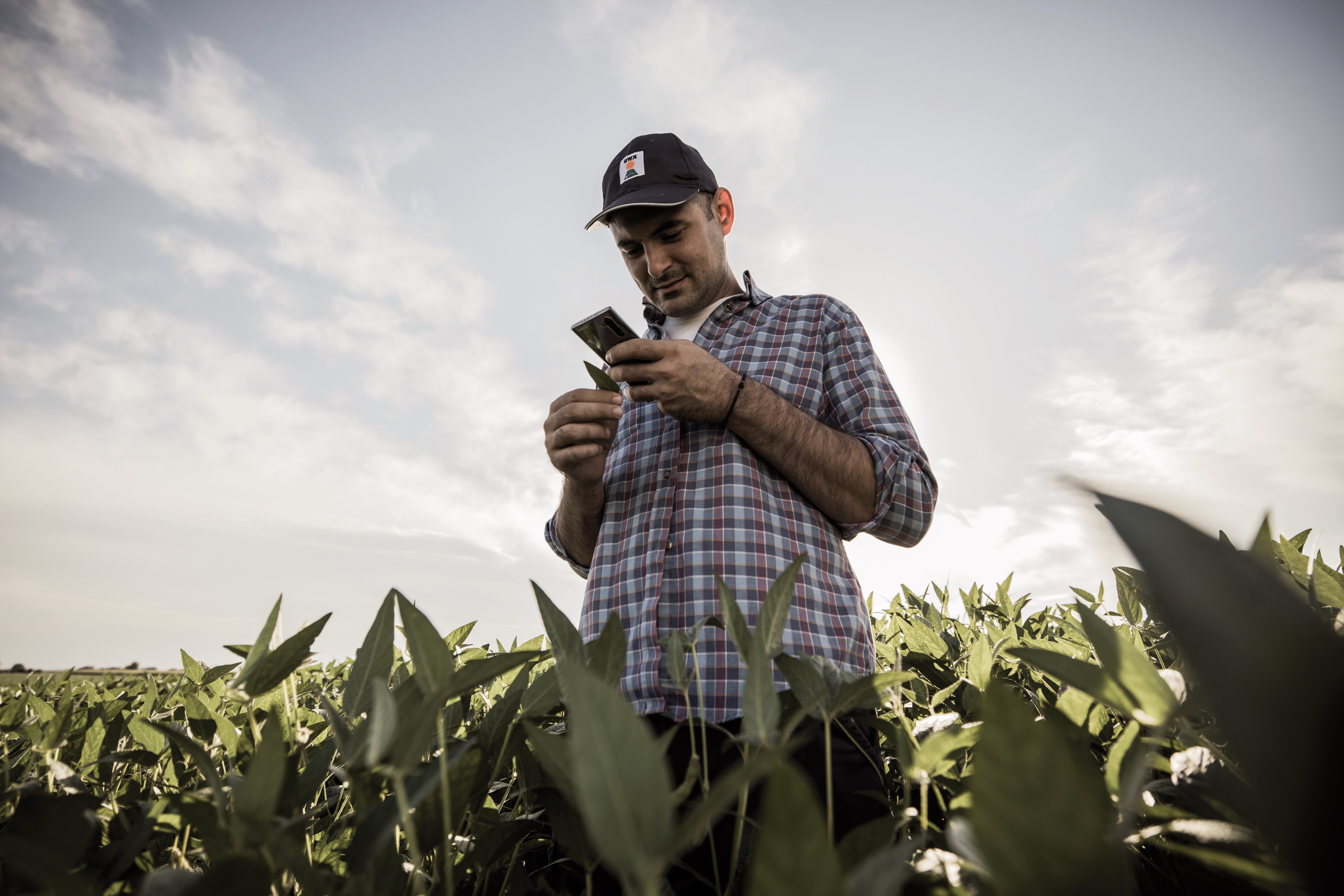Management, tools and seeds as versatile as the field itself
Site-specific management
Farmers always consider location conditions when planning and managing their fields. But fields are not uniform: There are local differences, for example, in terms of soil conditions and vulnerability to pests and pathogens.
Site-specific management takes an alternative approach to planning by considering smaller areas within a field rather than the entire field. It combines georeferenced data from various sources and measurements to precisely determine the application of inputs such as fertilizer and plant-protection products in terms of what the specific crop variety and site conditions need. This approach boosts production, resource use efficiency, economic profitability and environmental sustainability.
Recent advancements in aerial and satellite remote sensing, sensor technology, agricultural robotics and farm-management software have contributed to the rapid development of precision farming over the past few decades. We at KWS are actively seeking solutions that involve IoT, autonomous navigation, robotics and improved rural broadband access. Our aim is to develop innovative solutions that optimize our varieties and ensure they perform exceptionally well around the world.
Variety-specific crop management
At KWS, we use our know-how about plant varieties to support farmers’ crop management decisions and search for the best variety for each specific field. In view of climate change and more frequent extreme weather events, it is becoming increasingly more important to identify the varieties that cope best under changing conditions.
While contributing to effective crop management with our varieties, we are also supporting farmers by developing digital tools that will complement our variety advisory service in the future.
Automation
Field automation involves the development of autonomous crop-management approaches. At KWS, we automate our workflows in our laboratories, greenhouses and fields to increase effectiveness and efficiency. For example, KWS is actively involved in the development of robotic systems for mechanical weed control in sugarbeet fields to reduce the use of herbicides. From fiction to field - KWS SAAT SE & Co. KGaA
We also increasingly use automation in our breeding work. In our greenhouses, for example, autonomous transport vehicles and artificial intelligence help us research drought stress in corn and sugarbeet so we can develop effective varieties for cultivation in areas affected by drought. Robots in the greenhouse - KWS SAAT SE & Co. KGaA
Sustainable agricultural practices
In light of climate change, dwindling availability of arable land and an increasing global population, farmers of the future will need to grow more with less. At KWS, we are fostering innovations that improve the use of limited resources and promote sustainable farming.
We are, for example, developing enhanced crop-rotation designs that improve soil fertility and have a positive environmental impact. We are also conducting low-input trials that involve a greatly reduced amount of fertilizer and pesticides so we can select varieties with particularly good nutrient efficiency or greater resistance to diseases. In another line of innovative research, we are investigating biological seed coatings. These coatings, known as biologicals, have a positive effect on plant growth and can contribute to reducing the use of chemical crop protection. Seed of the future - KWS SAAT SE & Co. KGaA
Seed to table
We don’t limit our focus to just seeds. Working with partners, we pursue and test solutions to improve sustainability in production and supply chains. By participating in the development of minimum viable products, whose entire value chain — from production and processing to distribution — is regional, transparent and sustainable, we contribute to the start of the value chain as a seed breeder.
For example, we participate in a local organic bread project in Germany called Das Regionale. One component of this project is KWS hybrid rye, which saves approximately 90 kilograms of CO2 per ton of grain in comparison with open pollinated rye. The aim of this project is to provide products to consumers who prefer to know in detail how and where their food has been produced.
Discover more
Your contact
